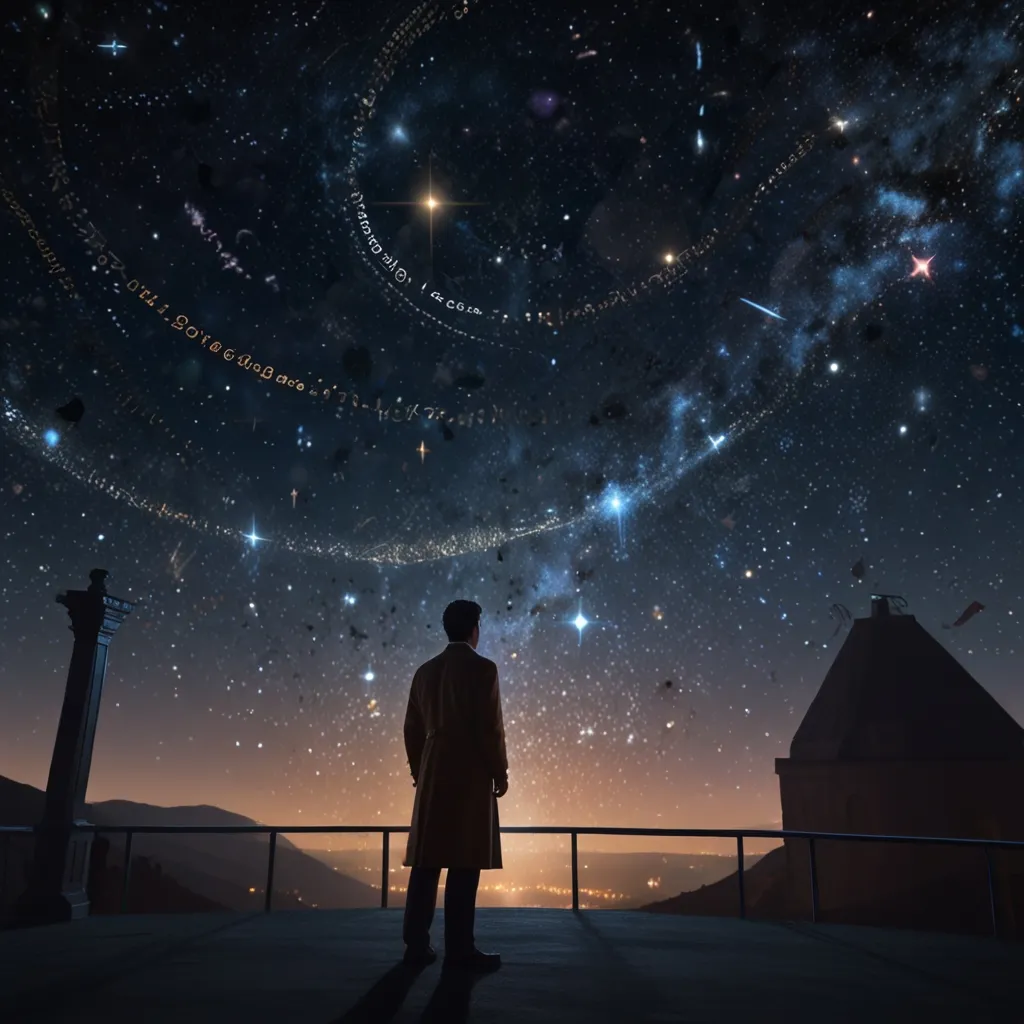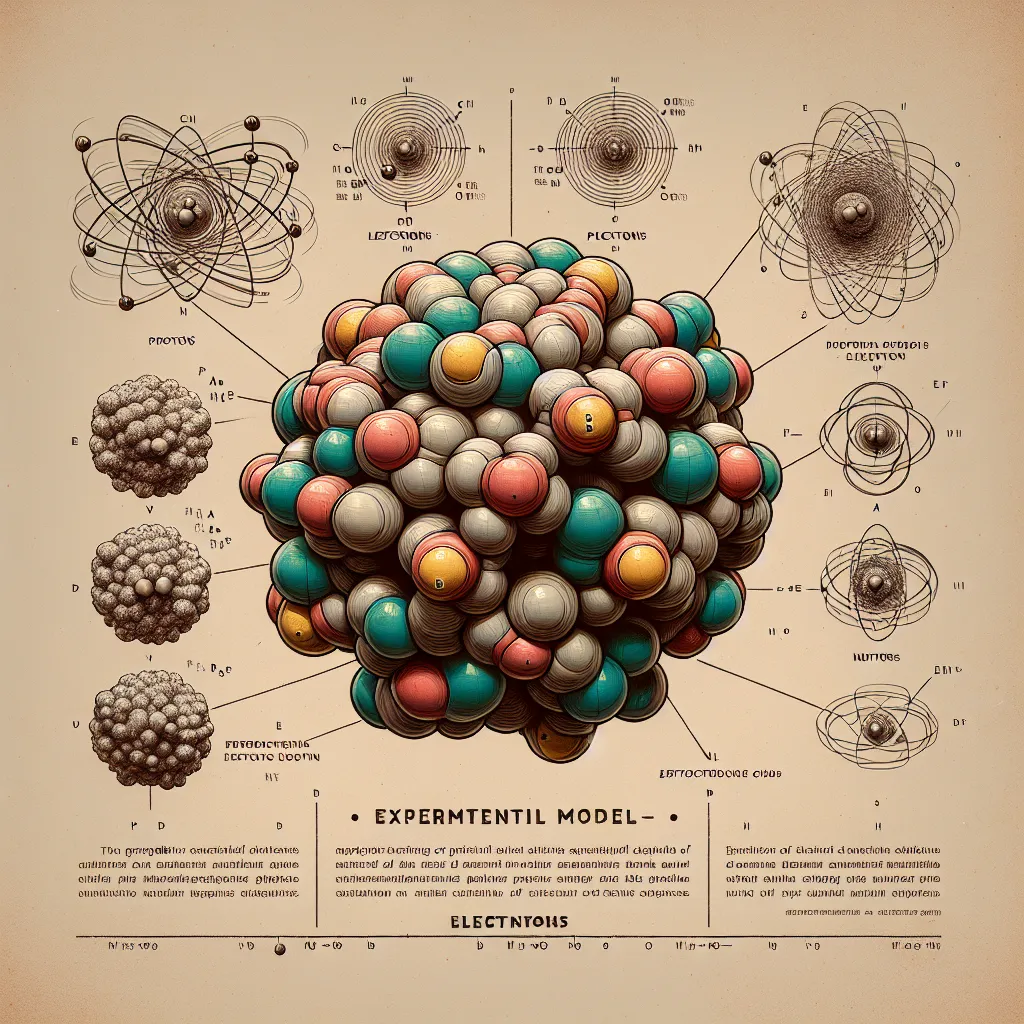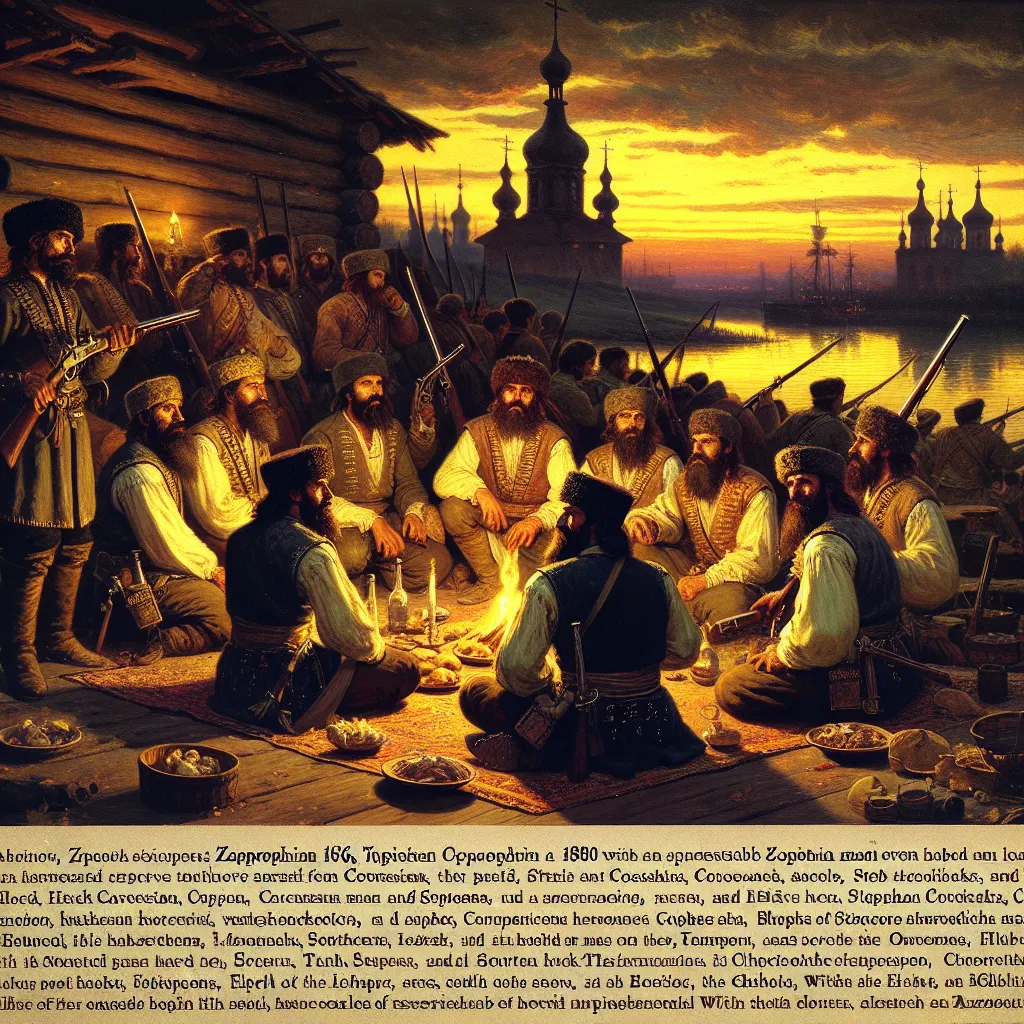Imagine this: What if your actions in the future could influence your current situation? This concept is more than just a mind-bending idea—it’s hinted at by the delayed choice quantum eraser experiment. But let’s not get too ahead of ourselves. Let’s break it down.
Back in 1978, physicist John Archibald Wheeler proposed a thought experiment known as delayed choice. Picture this: light from a quasar billions of light-years away gets bent by the gravity of an intervening galaxy, resulting in two light paths. Wheeler suggested that the way we choose to observe this light—either as particles or waves—could be decided long after the light began its journey.
While this quasar experiment isn’t practical, modern technology allows us to recreate a similar setup in the lab. Here’s where it gets interesting: no matter how randomly the decision to observe the light is made, the results always align with quantum mechanics. If we observe the light’s path, it behaves like a particle. If we don’t observe the path, it behaves like a wave. The light seems to “know” its fate billions of years before our experiment.
But let’s dig deeper with the delayed choice quantum eraser experiment, which adds entangled photon pairs into the mix. First, we split a photon into two entangled photons. If these photons fall on a detector (Detector 1), we erase the “which-path” information, making it impossible to tell which slit the photons came from. Essentially, this erasure causes the photons to behave as waves.
We then measure the entangled photons using a beam splitter that directs them to different detectors (Detectors 2, 3, and 4). When which-path information is known, the photons act like particles at Detector 1. But when the information is erased, they act like waves. Here’s the kicker: Detector 1 always registers the photons first, before any measurement is done at Detectors 2, 3, or 4.
This brings us to a startling conclusion: the entangled photon at Detector 1 seems to “know” the future outcome at Detectors 2, 3, and 4. The future measurement affects its past state, challenging our understanding of cause and effect.
So, how can this be explained? The most conventional interpretation of quantum mechanics suggests that particles exist in a state of potentiality, neither as particles nor waves, until they’re measured. In a delayed-choice scenario, the quantum state isn’t determined until we observe it.
However, the delayed choice quantum eraser experiment hints at even deeper mysteries. Could our current actions really influence the past? This idea disrupts our classical notion of cause and effect. It suggests that the entangled particles might be connected in ways that bypass the usual flow of time, or that our linear experience of time isn’t the whole story.
While these concepts stretch the bounds of our understanding, one thing is clear: quantum mechanics continues to surprise us, revealing a universe more interconnected and mysterious than we ever imagined. Whether these findings will lead to practical applications or remain philosophical puzzles, they stir the imagination in ways that reaffirm the wonder of scientific exploration.






